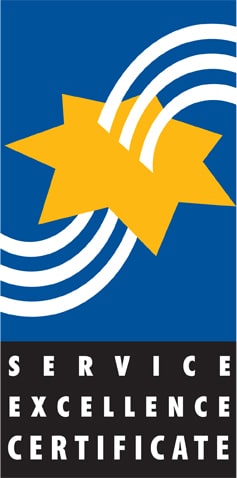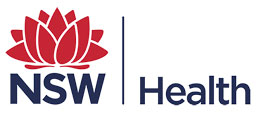1) RADIATION:
- Check with the doctor: is the scan necessary? Is it need immediately? Are there any alternatives with less radiation?
- If booking with a private radiology practice for a non-urgent scan, ask if Radiography staff have experience with children. How, specifically, do they help kids with scans? If you don’t feel assured of a child friendly approach, then shop around (if possible).
- Check in advance whether the scan requires an injection of contrast. This will allow you to prepare your child for every aspect of their treatment.
- If yes, then request a numbing cream such as Emla or LMX4 be used.
- Is your child needle phobic? Discreetly let the staff know. If child life therapists are not available, try distracting your child with a book, game, or reassuring words.
- Check the necessity for sedation, which type, and the risks associated.
- Prepare your child for having that type of sedation
- If general anaesthetic will be used, prepare your child for an overnight hospital stay.
- Is your child required to perform breath holds for their scan? These are generally needed for abdominal and chest scans. Learning this skill in advance of scanning helps the radiographer get the pictures they need. This means less retakes and less radiation.
- Take the time to coach your child in breath holding in advance. Try to make it fun by doing it in the bath or pool, using counting games and blowing bubbles.
- Non-urgent scans at paediatric hospitals may involve waiting lists. If you’d like the scan sooner ask your referring doctor if it can be done by another hospital or clinic. Consider your options in consultation with them.






